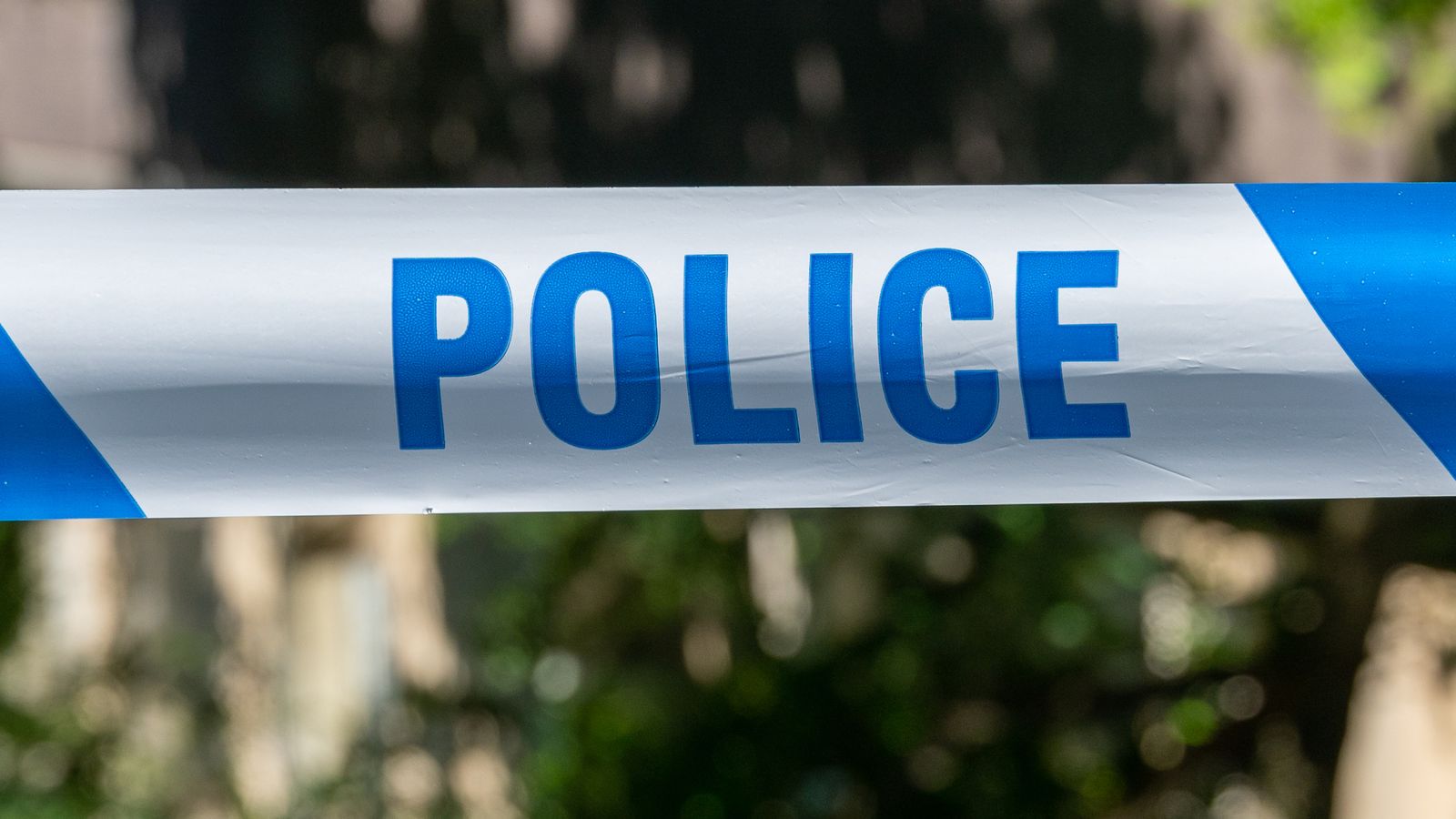A year after PC Wayne Couzens illegally arrested and then raped and murdered Sarah Everard police officers in half of the UK’s forces are being investigated for using their powers for sexual gain, Sky News has discovered.
Five forces are involved in more than one case and the Metropolitan Police, Couzens’ own and the country’s biggest, has officers at the centre of six of the investigations.
Of the 260 investigations being carried out by the Independent Office for Police Conduct, there are 31 involving complaints of officers abusing their powers for sexual gain.
Sex abuse victim Amanda Hall, who had an affair with the detective investigating her case, said: “I don’t think 31 is anywhere near the amount of people who should have their complaints investigated. I think victims are still frightened to come forward and go through what I had to go through.”
Read more:
A year after Sarah Everard’s murder are women any safer?
Read more:
‘We miss her all the time’: Sarah’s family pay tribute one year on
The figures were released after a Freedom of Information request to the IOPC, the police watchdog for England and Wales, for a breakdown of its current investigations.
Metropolitan Police officer cleared of rape after prosecutors offer no evidence
Cressida Dick: Met Police deputy urges Home Secretary Priti Patel to review events around commissioner’s resignation
John Bancroft: Essex man sentenced to 25 years for using dating apps to sexually exploit seven teenage girls
It showed that at the end of January this year 21 forces out of 43, from Northumbria to Devon and Cornwall, had officers under investigation for abuse of sexual powers. South Wales had three cases, while Kent, West Midlands and West Yorkshire had two each.
Police watchdog’s biggest corruption issue
There were 29 investigations into allegations of sexual assault and harassment and 32 of domestic abuse. The biggest category of complaint was over officers’ use of force, of which there were 81 allegations being investigated.
Abuse of powers for sexual gain is now the biggest corruption issue the IOPC has to deal with. Two years ago it accounted for 60% of all IOPC corruption investigations.
Ms Hall, 57, said detective Alan Butler seized on her vulnerability to groom her into an affair after she went to police to report sex abuse she suffered as a child.
‘How could he have manipulated me like that?’
Last year she gave evidence against Butler, who had retired but was rehired by Warwickshire Police, before he was convicted and jailed for misconduct in public office.
She said: “I think it’s disgraceful that he used his position to groom me. He knew that I had really severe trust issues. He told me he loved me many, many times. And I believed him. And afterwards I would reflect on it and think of the things that he actually said to me and think how could I have been manipulated like that?
“l was extremely vulnerable at that time and I just, you know, just wanted some care and attention in the nicest possible way.”
Ms Hall, a mother of five, has waived her right to anonymity to encourage other victims of police officers to have the courage to report their ordeals.
Tip of the iceberg
We showed the IOPC figures to solicitor Harriet Wistrich, director of the Centre for Women’s Justice, who said: “You know, the stories that have emerged about the kind of culture within policing and the number of police officers who are using their position for sexual gain, those figures don’t particularly surprise me.
“I’m sure it’s actually a bit of a tip of an iceberg because those are just the cases that have been reported and come to light.
“I suspect that this can be anything from a police officer being inappropriate or asking for a victim’s phone number to a full-on sexual assault or a relationship with a vulnerable woman who isn’t aware that that is a kind of abuse of his position, and may be so vulnerable as to agree to it, but subsequently realises that she is being abused.”
She urged police forces to adopt a zero tolerance approach to such conduct, encourage more victims to come forward, protect whistleblowing officers from victimisation and improve vetting of police recruits.
The IOPC was unable to say if all those officers under investigation for abuse of powers for sexual gain were men.






















